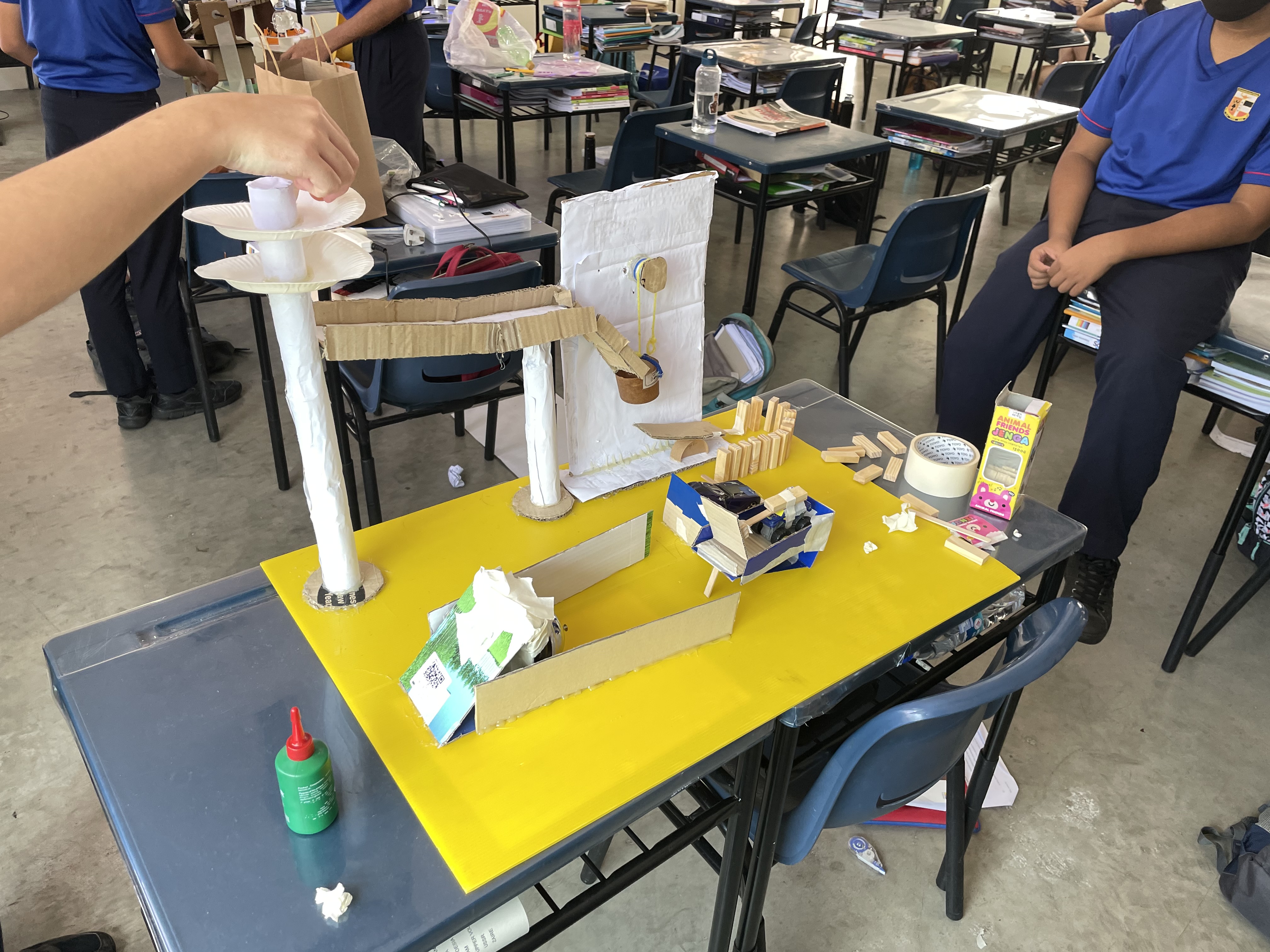Overview
Vision
Mission
2026 Science Department Team
| HOD Science | Mrs Low Sze Gin |
| SH Chemistry | Ms Fu Shin Hui |
Subject Units
| Biology | Chemistry | Physics | |
| Kok Chuan Tin (ST / CCE) | Yogeswari d/o Selvaraja (ST / Chemistry) | Tay Ming Yang (Year Head) | |
| Ng Siew Kheng | Ang Chian Huey (SH / Student Leadership) | Lim Tong Yang (SH / ICT) | |
| Peh Su Fang | Chew Hock Chye Aaron (SH / Curriculum & Innovation) | Caelyn Lim | |
| Sin Kah Fai Denny | Yan Tuck Poh | Lim Zhou Yu, Jarrod | |
| Noorhudah Abd Wahid | Ong Chee Meng | ||
| Sin Li Huang | Quek Hoon Lui Bel | ||
| Yan Tuck Poh | Roger Goh | ||
| Eleanor Tan | |||
| Darren Tan |
| Technical Support Officers | Mrs Guna |
| (TSOs) | Mdm Geetha |
Science Department Curriculum Goals
The curriculum goals of the department are referenced from the Science Curriculum Framework, where we aim to:
-
enthuse and nurture all students to be scientifically literate, which can help them to make informed decisions and take responsible actions in their daily lives.
-
provide strong science foundations for students to innovate and pursue STEM for future learning and work.
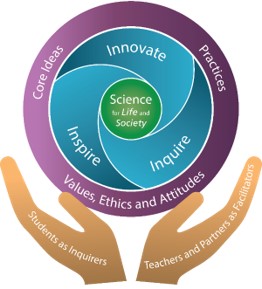
Science Department Teaching and Learning (T&L) Framework
The department’s T&L framework is guided by the school vision and school philosophy at its core. It takes reference from the Singapore Teaching Practice (STP) and encapsulates the various pedagogical and assessment practices that aim to realise the vision of science education i.e. for every Serangoon StaR to:
-
be INspired by Science,
-
INquire like Scientists, and
-
INnovate using Science.
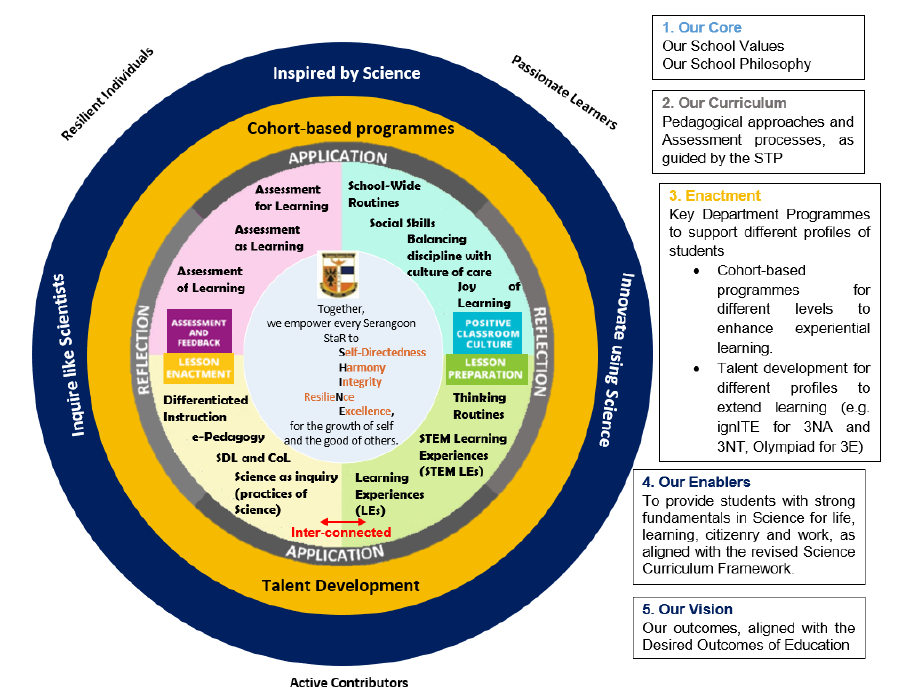 Source: Academy of Singapore Teachers (AST)
Source: Academy of Singapore Teachers (AST)
Students demonstrating ways of thinking and doing science
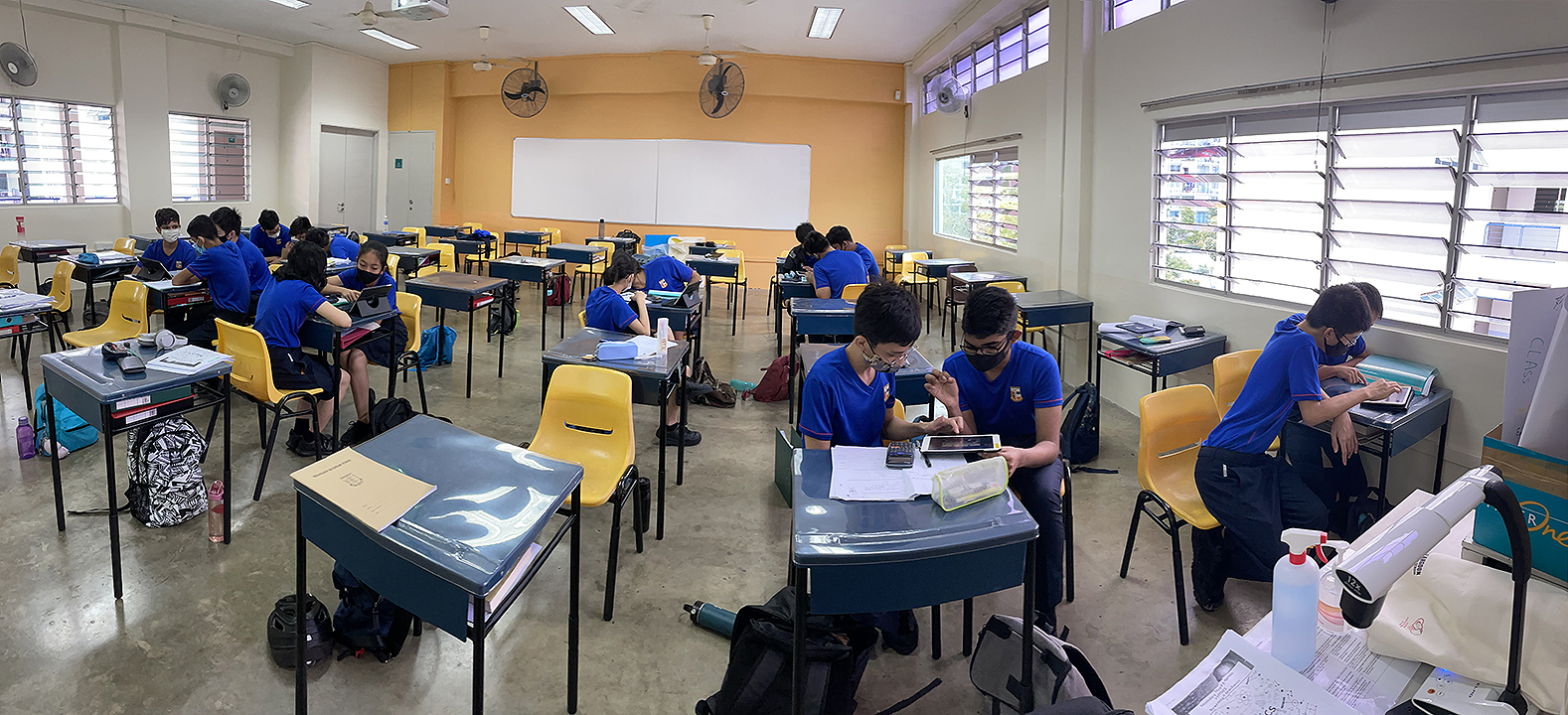
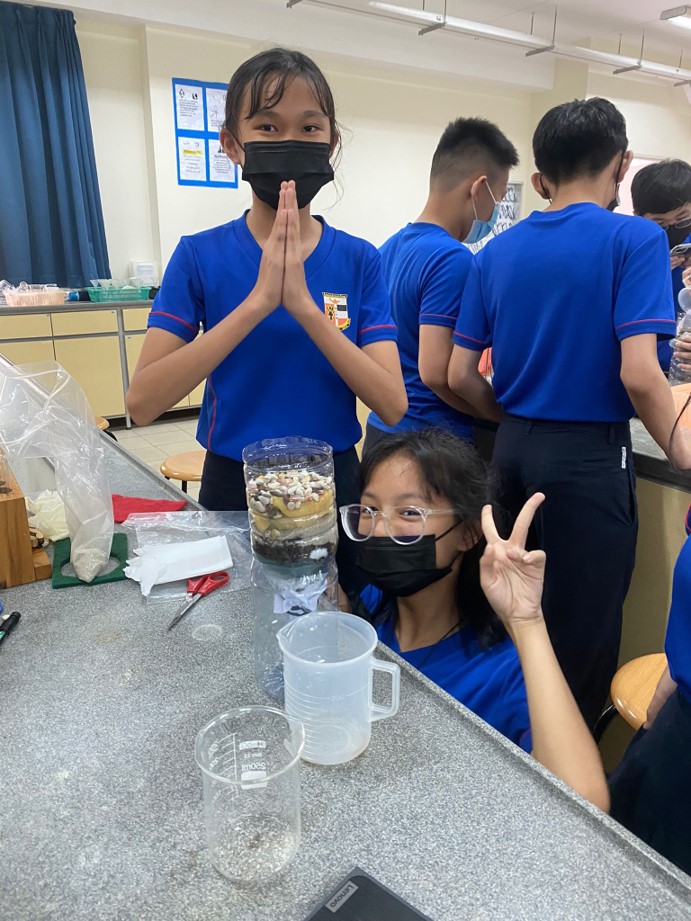
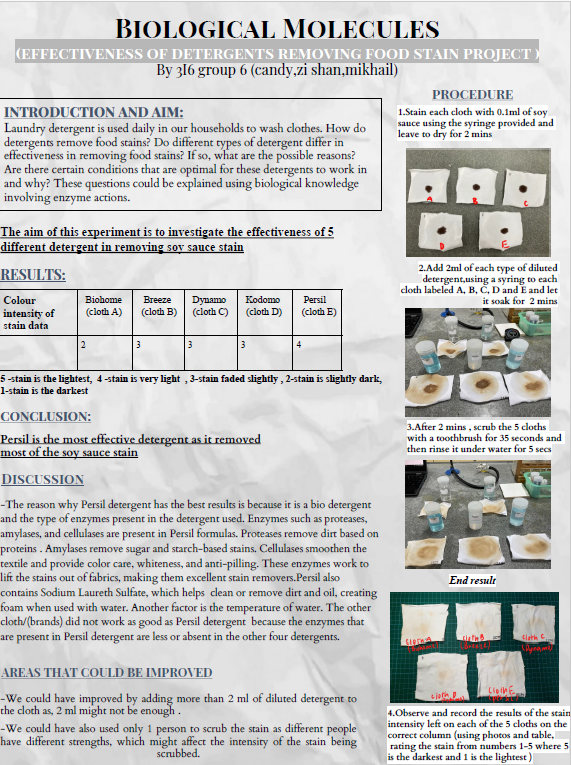 Students engaging in STEM Learning Experiences (LEs)
Students engaging in STEM Learning Experiences (LEs)
Science Talent Development Framework

The Elemental Forge, the Science Talent Framework, is an extension of the Science Department’s Teaching and Learning Framework, to stretch our students through a structured, tiered approach in our enrichment programme. It has two wings – The Practical and Experiential wing as well as the Creative and Innovative wing.
The Practical and Experiential wing aims to develop cognitive rigour and practical scientific skillsets and exposure to authentic laboratory and field-based experiences. This wing directly supports the teaching and learning emphasis on scientific inquiry. Through real-world and experiential activities, students become inspired by the relevance of science, strengthening both motivation and conceptual understanding.
The Creative and Innovative wing focuses on innovation, design, prototyping and creative problem-solving through science. It reinforces the department’s belief that science is not a body of knowledge but also a tool for improving lives and contributing to society.
The Elemental Forge uses cross-cutting themes such as forces of nature, resilient society, Human Health and Well-being as well as Sustainable Living Systems.
The diagram shows the tired approach in our enrichment programme. The activities in each tier are some examples of our students’ experience.

Programmes
 Students applying Science concepts to make bath bombs
Students applying Science concepts to make bath bombs
 Students growing their own vegetables in the school’s Science Garden
Students growing their own vegetables in the school’s Science Garden
 Excited students launching their Pet Rockets
Excited students launching their Pet Rockets
 Out-of-classroom learning opportunities for students to make connections with what they learn in school
Out-of-classroom learning opportunities for students to make connections with what they learn in school
Competitions
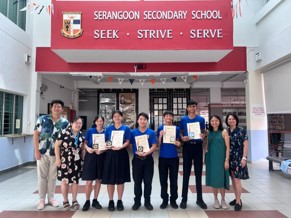
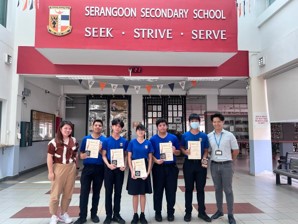 Students and teacher mentors in scientific research-based competitions
Students and teacher mentors in scientific research-based competitions
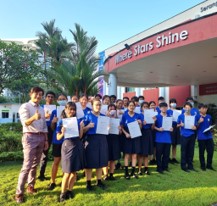
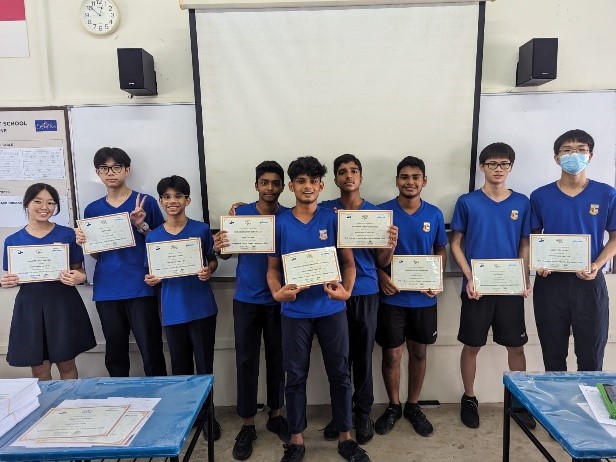 Students participating in competitions to stretch their logical reasoning and critical thinking skills
Students participating in competitions to stretch their logical reasoning and critical thinking skills
STEM playground 2025
Our secondary 4 and 5 StaRs participated in the STEM Playground Challenge jointly organized by CPDD, MOE, Science Centre and the James Dyson Foundation. We are happy to share that that we came in 9th in Challenge #1. Watch our students in action in this video.
Fe STEM Teacher Challenge
The Fe STEM Teacher Challenge is a competition that originated from the Iron Science Teacher competition, which was first organised by the Exploratorium in San Francisco in 1998. Science Centre Singapore adapted and ran this concept in Singapore from 2005 to 2008. After a hiatus, the competition was revived in 2023 with a new name: the Fe STEM Teacher Challenge. This challenge aims to provide educators with a platform to showcase innovation and creativity in STEM education in Singapore.
Ms Caelyn Lim and Mrs Eleanor Tan took part in the Fe STEM Teacher Challenge and emerged as the Champion. They also clinched the People’s Choice Award! Congratulations to Ms Caelyn Lim and Mrs Eleanor Tan!


